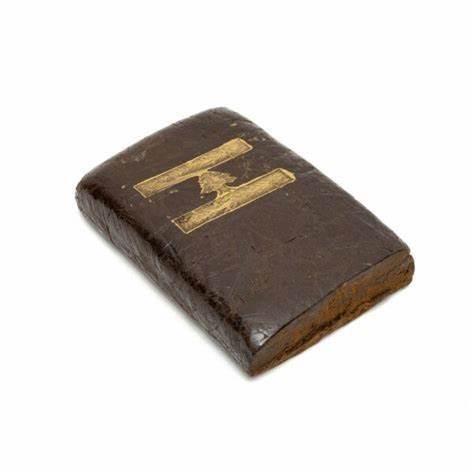Exploring Lebanese Hashish: A Cultural and Historical Perspective
Introduction to Lebanese Hashish
Lebanese hashish, renowned for its rich flavors and unique characteristics, has deep roots in the culture and traditions of Lebanon. This form of cannabis, often referred to as ‘hash,’ is produced through a meticulous process that involves the extraction of resin from the cannabis plant. The resulting product is cherished both locally and internationally for its quality and potency.
The Historical Significance
The use of hashish in Lebanon dates back centuries, intertwining with the country’s social fabric and agricultural practices. Historically, Lebanese farmers cultivated cannabis in the Bekaa Valley, a region famed for its fertile soil and ideal climate. This agricultural heritage has given rise to a vibrant tradition of hashish production, influencing local customs and contributing to the economy.
The Unique Characteristics of Lebanese Hashish
Lebanese hashish is renowned for its distinctive characteristics that set it apart from other varieties produced globally. The uniqueness of this hashish can be attributed to several factors, including the specific strains of cannabis cultivated in Lebanon, the traditional methods of harvesting and processing, and the geographical and climatic conditions that favor its production.
One of the most significant contributors to the quality of Lebanese hashish is the strains of cannabis that thrive in the region. The primary strain used is typically Cannabis sativa, which is known for its potent effects and higher THC levels. In Lebanon, particularly in areas like Bekaa Valley, these sativa strains flourish due to the fertile soil and ample sunshine. The altitude and climate of the region create ideal conditions for growth, enhancing the quality and yielding aromatic, flavorful hashish products.
The traditional craftsmanship involved in the harvesting and processing of Lebanese hashish further contributes to its unique qualities. Farmers often use methods passed down through generations, including hand-picking the cannabis buds and using mechanical sieves to separate the resin from plant material. This labor-intensive process results in an exceptional final product that maintains a rich spectrum of flavors and aromas, ranging from earthy and spicy to sweet and floral. The careful attention to detail in every stage of production ensures the hashish is of the highest quality.
Moreover, the geographic diversity of Lebanon, characterized by mountainous regions and valleys, influences the micro-climates where cannabis plants are cultivated. These variations in weather patterns and soil types allow for the development of distinct flavor profiles and potencies in the hashish. Each region might produce hashish with subtle differences that reflect its specific terroir, making Lebanese hashish not just a product but a testament to the harmonious relationship between the land, climate, and cultivation practices.





Reviews
There are no reviews yet.